Overview
Research Problem
Research Questions and Activities
Location
People
Overview
The extension of agricultural technologies has long been advocated as a pathway to improved smallholder farmer livelihoods and rural development. However, agricultural extension based on the provision of information, technology and credit (the ‘provisionist’ model) does not necessarily lead to sustainable change.
The aim of the project is to reconceptualise agricultural extension as social relations and develop a social model of agricultural extension (also referred to as a more ‘humanised’ model) and evaluate this against the more dominant, provisionist model to support better outcomes in terms of wellbeing for smallholder farmers in Northwest Cambodia. It is hoped that the knowledge generated through this project can be applied to agricultural extension practices and policies elsewhere in Cambodia and more widely.
This 6-year, multidisciplinary research-for-development collaboration began in 2021 and involves researchers and practitioners in Cambodia and Australia, led by the University of Melbourne and funded by ACIAR.
Research Problem
The extension of agricultural technologies has long been advocated as a pathway to improved farmer livelihoods and rural development. However, after decades of limited impact on farmer adoption, poverty alleviation, and wellbeing, an innovative model (defined as the underlying principles) and associated methods remain needed.
Many explanations exist for the lack of lasting change, but the most plausible explanation is that the social relations in which new practices must exist are left unchanged. The provision of agricultural technologies, information, and capital (the ‘provisionist’ model of agricultural extension) does not overcome powerful social relations. Enabling social relations are required to implement successful and lasting improvement of agricultural practices and a ‘relational’ model that puts social relations at the heart of agricultural extension is needed.
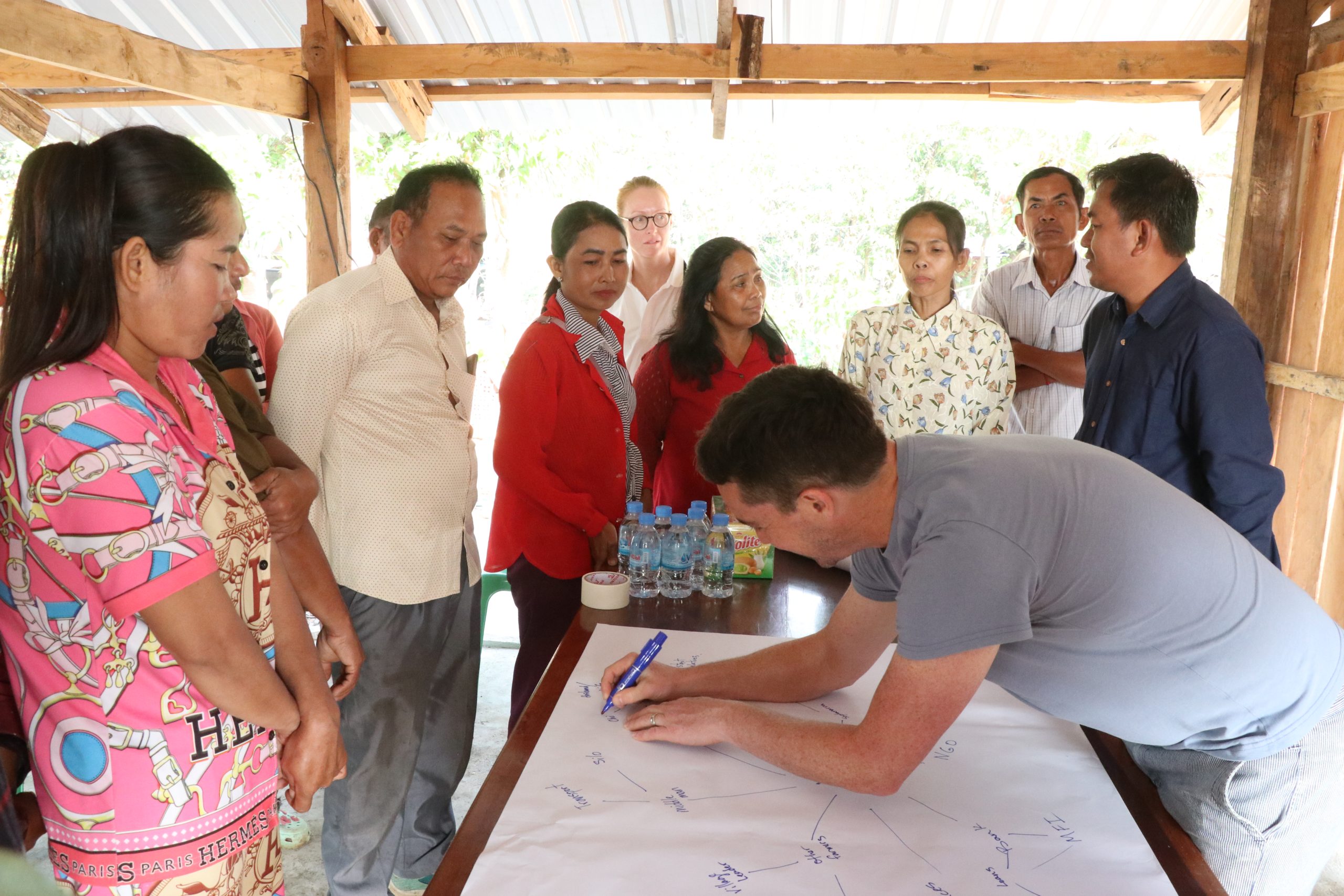
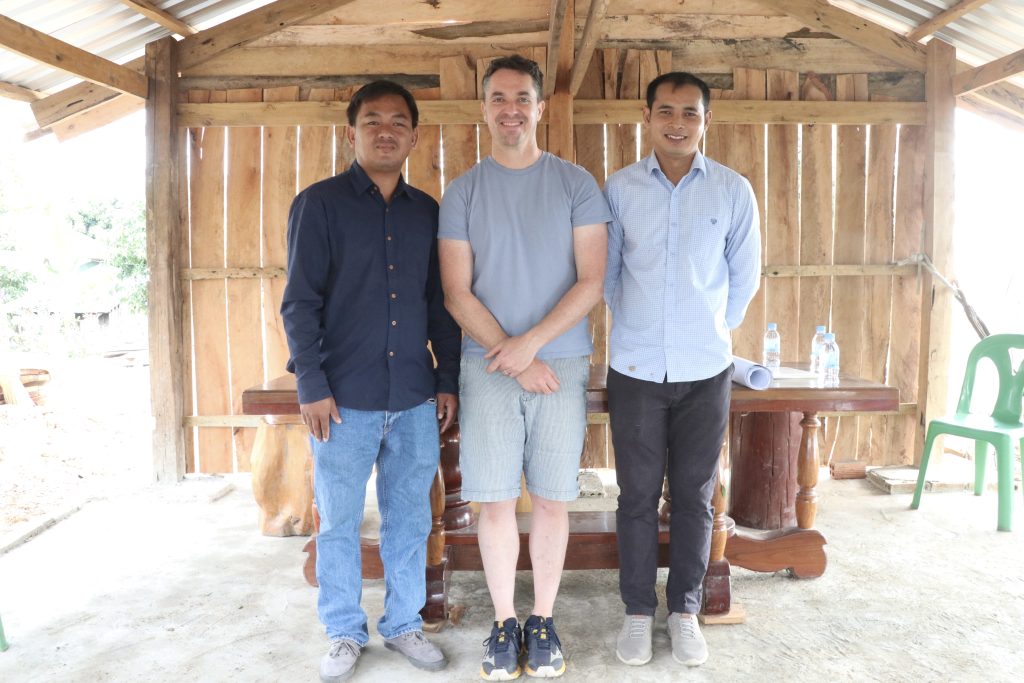
Research Questions and Activities
The overarching research question guiding this project is: which forms of agricultural extension contribute to lasting practice change able to support households and communities to create sustainable livelihoods that meet the needs and aspirations of farmers in complex social, political, and ecological contexts (i.e., a good life)?
In order to produce an innovative model of agricultural extension founded on social relations, this project will analyse which models and methods of extension are most effective with different types of smallholders in Northwest Cambodia. How we will do this is outlined in our Impact Assessment Framework.
The 6-year project is divided into seven activities:
Activity 1: Interviews with international and Cambodian extensionists
Activity 2: Census of farmer households
Activity 3: Field crop survey and cropcheck
Activity 4: Mapping livelihood ecologies for farming households
Activity 5: Learning from local agricultural success
Activity 6: Directly expand farmers’ social relations in order to increase opportunities and enable farmer-chosen agrarian change
Activity 7: Impact assessment
Location
The research is located in Battambang and Pailin Provinces in Northwest Cambodia. Use our interactive map below to learn more about the sites we are currently active in.
People

Activity 5 Lead, Macquarie University
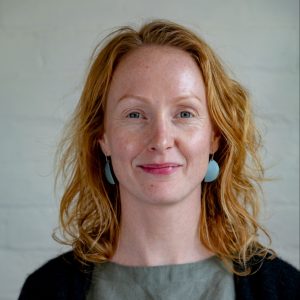
Project Manager and Activity 1 Lead, University of Melbourne
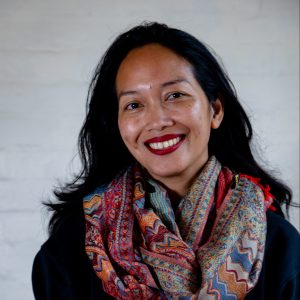
Activity 2 Lead, University of Melbourne

Project Lead, Activity 6 Lead, University of Melbourne

Activity 4 Lead, University of Canberra

Partners for Rural Development
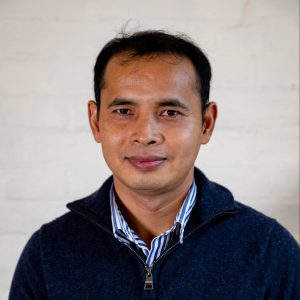
In-Country Lead, Activity 3 Lead, University of Melbourne

French Agricultural Research Center for Development (CIRAD)

Activity 7 Lead, Macquarie University

Partners for Rural Development
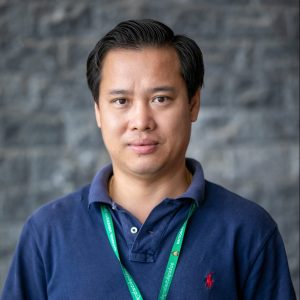
National University of Battambang

Agricultural scientist, Pailin Department of Agriculture, Forestry and Fisheries

Senior Project Researcher, Partners for Rural Development

Research Project Officer, Partners for Rural Development

Research Project Officer, Partners for Rural Development
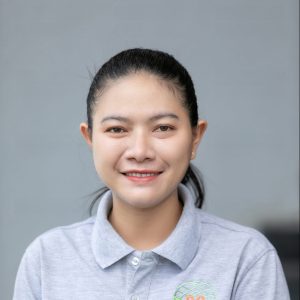
Research Project Officer, Partners for Rural Development
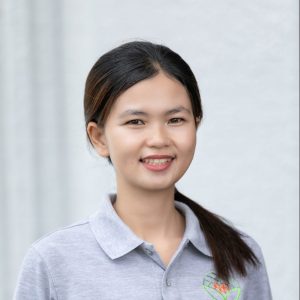
Research Project Officer, Partners for Rural Development
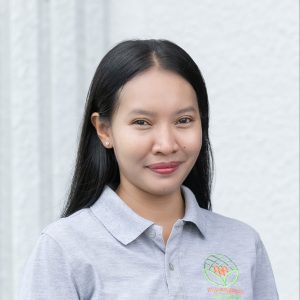
Research Project Officer, Partners for Rural Development

Research Project Officer, Partners for Rural Development
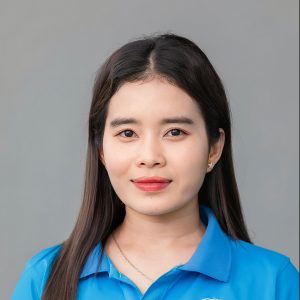
Research Project Officer, Partners for Rural Development
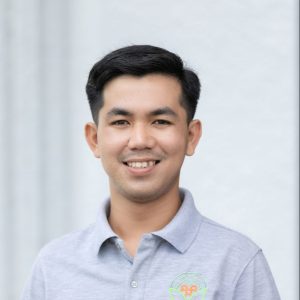
Research Project Officer, Partners for Rural Development

Honours Student, University of Melbourne

Research Project Officer, University of Melbourne

PhD Student, Macquarie University

Research Project Officer, University of Canberra
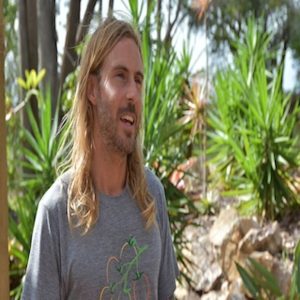
Research Project Officer, University of Melbourne